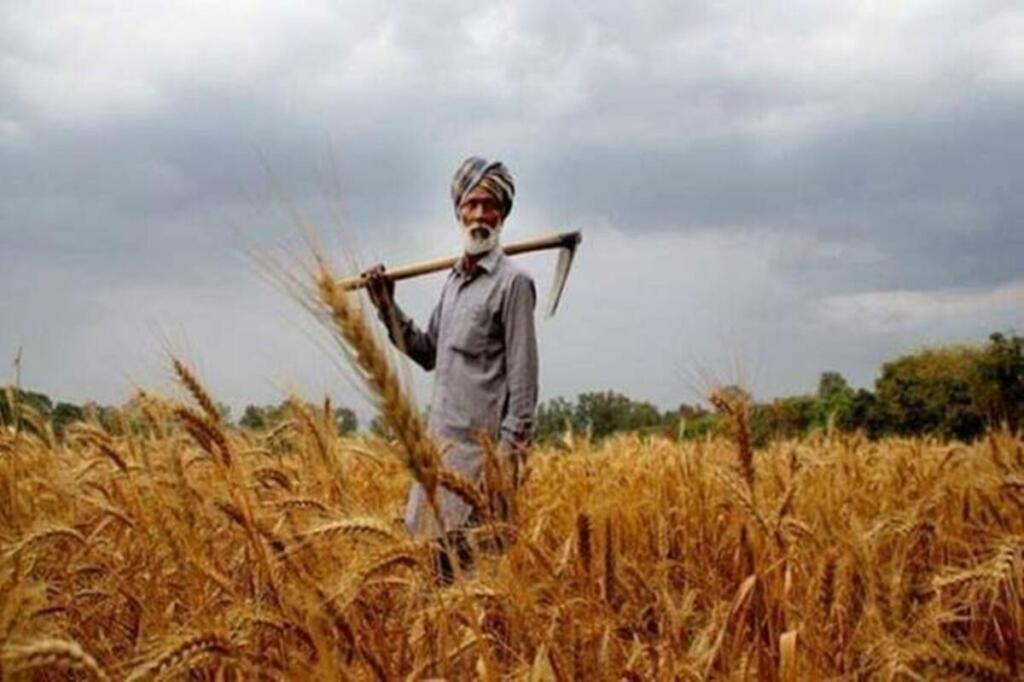- The three farm laws that were passed in the parliament last year promise to modernise Indian agriculture.
- It was only last year when India entered amongst the top 10 exporters of agricultural products.
- The entry of corporates and corporatisation of the existing players will increase the amount of capital in the farming sector.
The farmers’ protest is going on for too long, and the people around the country, especially in Delhi NCR, have witnessed all kinds of problems due to this political ruckus. From supply chain issues due to hindrance in transportation to long traffic jams, the common people are facing endless difficulties due to these prolonged political protests.
The three farm laws that were passed in the parliament last year, promise to modernise the Indian agriculture market. India has among the world’s highest arable land but due to low productivity, the total value of the production is really low. If we compare the Indian agriculture sector to that of China, India has a higher arable land, irrigated land, and total sowed area but the value of total production is almost four times lower than China.
It was only last year when India entered amongst the top 10 exporters of agricultural products. The major problem behind low productivity is lack of mechanization, cold storage infrastructure, and transportation infrastructure. The only plausible solution for these problems is huge private investment in Indian agriculture, and the essence of the three agriculture laws is to open up the sector to entrepreneurs and investors.
Entrepreneurial activity in the agriculture sector is already picking up. As per data from the Ministry of Corporate Affairs, the number of new companies registered in the Agriculture and allied sectors grew by 35 per cent in the last fiscal year.
The entry of corporates and corporatisation of the existing players will increase the amount of capital in the farming sector as well as increase the access of capital to the farmers. So far, the credit to the agriculture sector was one of the lowest in India despite several government diktats, because, no financial institution would be willing to give loans to an entity whose principal aim is to not work for a profit. Also, the farmer suicide rate was among the lowest in the last few years given successive good monsoons which led to a record production and record procurement by the Modi government.
The pandemic increased the demand for essential agricultural commodities exponentially and the income of farmers grew manifolds in the last few months.
The positive response from the entrepreneurs to the government’s farm laws shows that the agriculture sector was waiting for these laws for very long, but no government was brave enough to bring the reforms due to the over-politicisation of the agriculture sector in India.
The increase in agriculture productivity will not only be useful in reducing the poverty and hunger in the country but also make it Aatmanirbhar (self-reliant) in fuels. India has been dependent on the import of fuels for many decades but the rise of biofuels, which are already being blended at a large scale, would substantially reduce the bills.
The increasing use of biofuels by India is forcing foreign media houses like Bloomberg to peddle propaganda on behalf of oil export nations that India’s food security is in danger, which is far from reality.
The new farm bills would help in raising the productivity in the Indian agriculture sector. So far, the purchase of farmers’ produce directly by corporates was illegal, and therefore, corporates used to shy away from directly being involved with the farmers. However, with the new bills in place, the corporates will make value addition to the farm products and push for exports, which will end up benefiting the farmers.
The entry of corporates in the farm sector is essential because the farmers do not have the skills to negotiate in the international markets which are heavily protected by Western governments and corporates. The entry of Indian corporates in the farm sector will not only directly link the farmers with the Indian market, but with the international markets as well And this will help the Indian farmers economically, just like the farmers in the Western countries.
